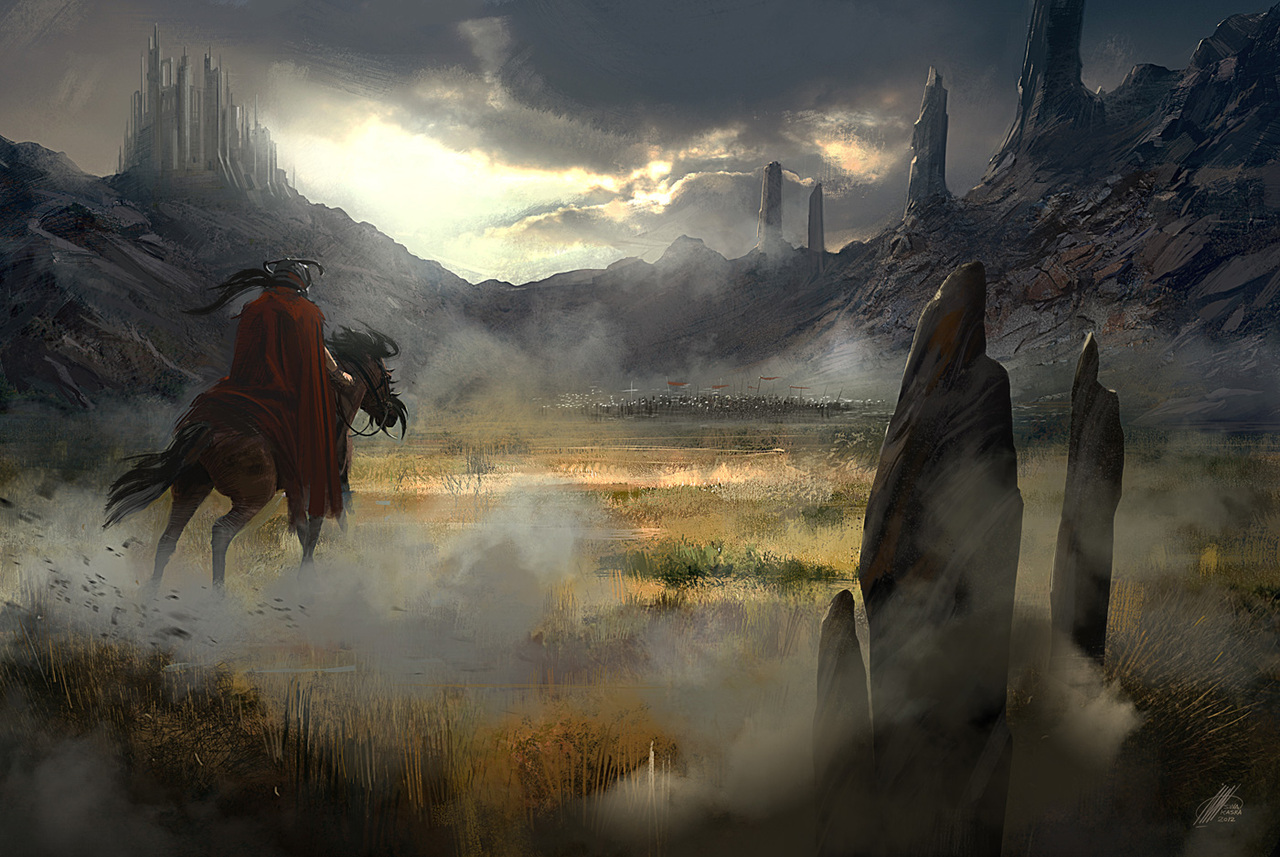My experience with Eastern Romance was comprised of legendary love stories that all ended badly (Laila Majnu, Heer Ranjha, Sohni Mahiwal, Sussi Punnun, need I go on?), epic poetry lamenting the loss or longing for unattainable love, and Bollywood movies. And, of course, real life. The first category of stories follows the themes of Romeo-Juliet: star crossed lovers who end up dead. They are cautionary tales against falling in love across tribal/cultural/religious/ethnic boundaries. They speak of the strength of familial bonds and tribal allegiances, and the destructive force of passionate love. Individual passion will overcome blood-feuds and ancient rivalries, but no good will come of it, for our lovers end up dead. Not the stuff of romance novels.
The families of our dead star-crossed lovers lament, but do they relent? You could argue the theme that the love-stories are also cautionary tales about how deep seated tribal and ethnic hatred leads to tragedy—but I would argue that no zealot ever heard those stories and concluded that their zealotry would lead to tragedy. Every zealot I know would walk out and say, see: that is what happens when you cross the boundaries (aka: “don’t listen to your parents”).
Since I was surrounded by zealots (when you live at the crossroads of different ethnicities, religions, religious schisms, and countries, you will be surrounded by zealots, zealously guarding whatever they are zealous about), the message was clear: blood feuds and ancient rivalries (Hindu-Muslim, Chinese-Tibetan, Sunni-Shiite) should not be poked by falling in love with a member of the enemy. Falling in love ends in tragedy. Do not cross the line or you will die (if I don’t kill you—or the other guy). Not the stuff of romance novels.
My mom certainly advised me not to fall in love. And, when I did, it was calamitous for her (her dear daughter would end up with a broken heart). I did end up with a broken heart—but only because my family opposed the marriage and the guy bowed out (in a very classic Bollywood way). My grandmother did not live to see the day, but she had made her views clear when I was growing up: if you are stupid, go ahead, fall in love. You will end up living in misery.
Our poetry underscores the connection between love and tragedy, also. I am certain we have poems written about daffodils, or maybe even something written about comparing a beloved to a summer’s day—actually, no—summer days are horrific where I come from—maybe a rainy day, as in the summer monsoons (your hair is like dark clouds of rain)—but we do not learn about the poems about daffodils and rain-cloud hair. I cannot recall traditional poetry (the kind we were taught in school or the verses our elders loved to recite) that does not tote the theme of lamentation over unattainable love. Not only is the love unrequited, it is downright unattainable—as in there is no hope, not while you are alive, and even after you are dead, for you to attain this love. In fact, the more unattainable it is, the more you can long for it, and the more tragic your life, therefore, more epic the poem, therefore, the more it is quoted as an example of what happens when you long for love.
Not the stuff of romance novels?
No … but … this lamentation constitutes romance. The drunk lover—for he must drink to overcome his misery—yearning for the one he will never even get to see, not even through the latticework of the wooden screen between them (or the accursed veil). This is considered romance. Recall the very romantic Asian love stories of those old people who see their beloved—the one they never got to spend their life with—and they recall their love, and it is just so amazingly beautiful to have loved, never mind that you were forever apart with no hope of being together again, until you die, and maybe not even then—but maybe in the next life (maybe). This is romantic. But—is that what you read romantic novels for? Unrequited, unattainable love? No. The main idea for a romantic novel is that our hero and heroine fall in love and life happily ever after in this life. There may be obstacles, but they are surmountable. So, unattainable love, although romantic, is not the stuff of romance novels.
So, if you are not the type of girl who wants to end up with a broken heart from falling in love, or break your parents’ hearts by choosing from the wrong group of people, or spend your life yearning for the love you will never attain, what can you do for a little chink of happiness? Arranged marriage?
Continued in a future blog.

